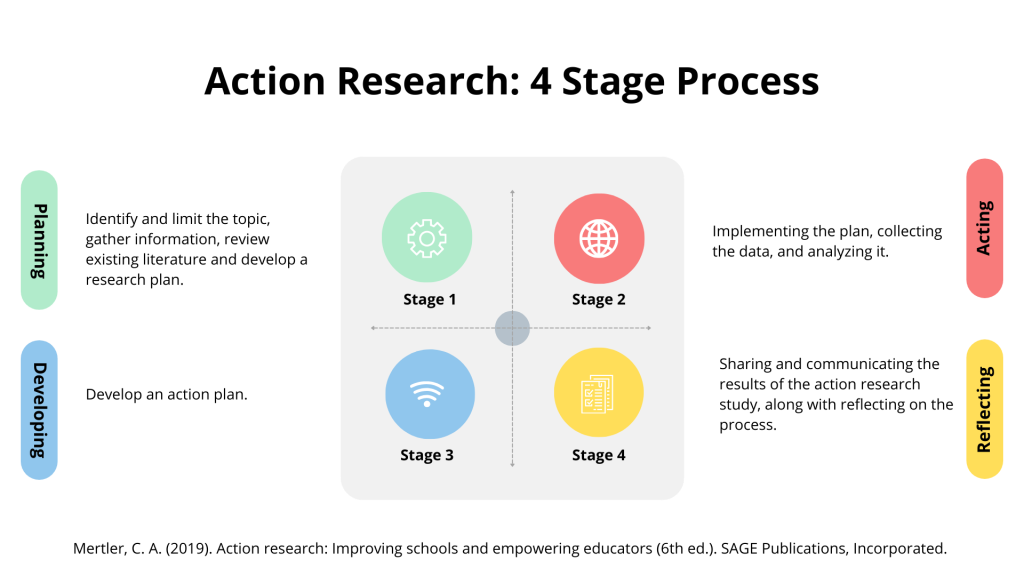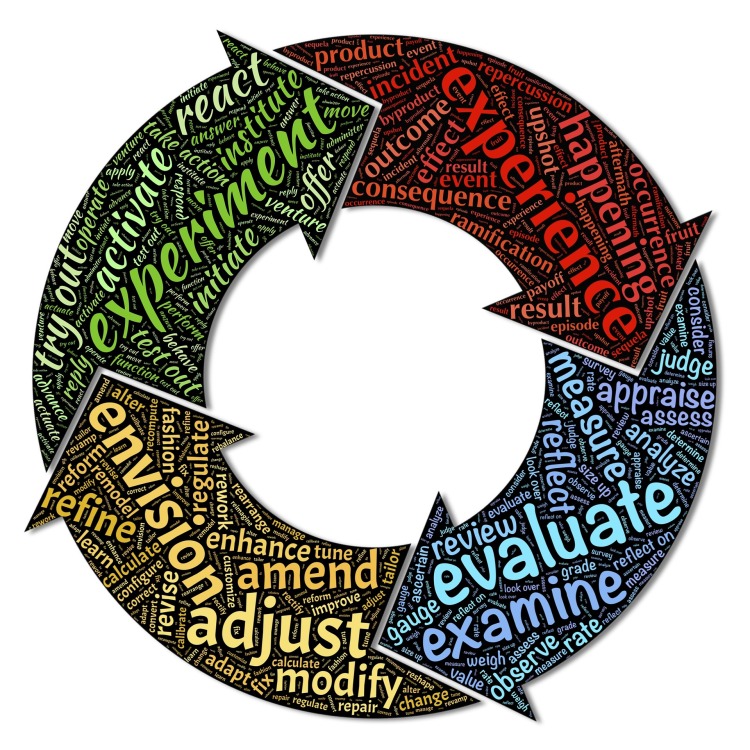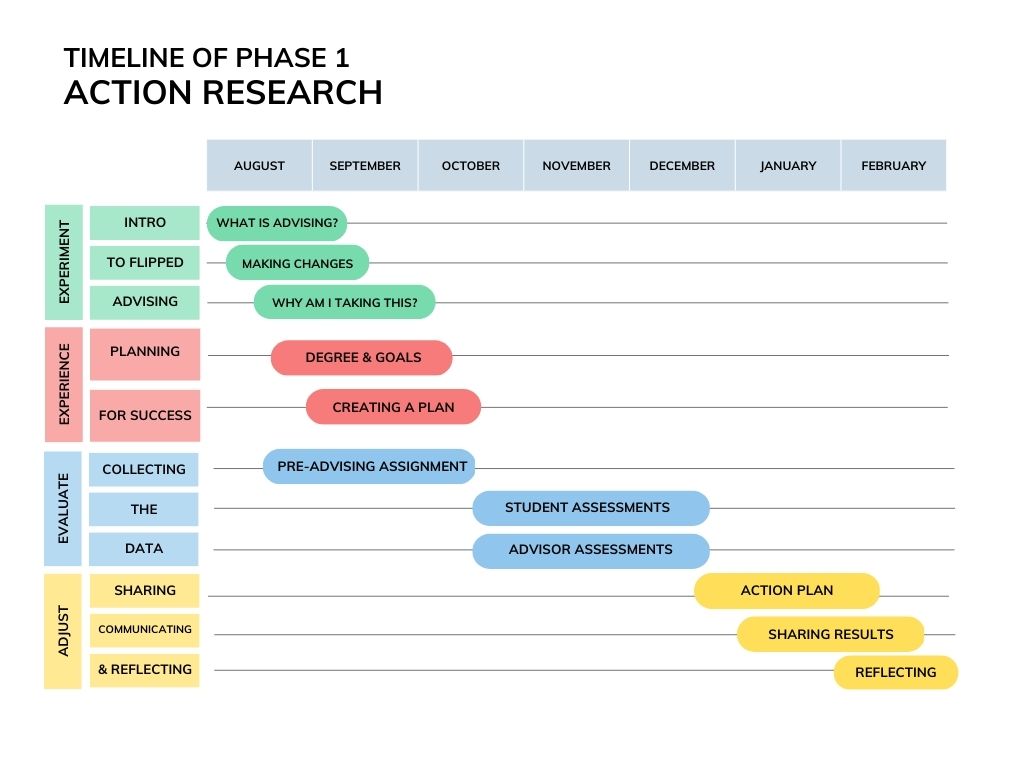
The responsibilities associated with providing advising to incoming students can be an overwhelming burden. Advisors are often the primary point of contact students have with the university once initially enrolled. Serving as facilitators, advisors are often overburdened with onboarding all policies, procedures, and systems while fielding every frequently asked question.
Research consistently reinforces the importance of a strong advising relationship. Until advisors find relief from the most transactional components of the advising responsibility, developmental advising will always be relegated to small talk at the start of advising appointments and the often rushed “is there anything else I can help you with,” question as they end. For genuinely transformative advising, advisors need to utilize the traditional advising session to help students make sense of their experience and connect with their educational goals. This flipped advising innovation aims to improve the advising experience for both advisors and students while strengthening that relationship.
Through action research, evaluating flipped advising tools can help refine student resources. Utilizing the four-stage process Mertler (2019) outlined, advising practitioners can critically evaluate their practice through data analysis.

Assessing Digital Learning and Instruction: Measurement Strategy
Action Research Outline
Action research allows the evaluation of specific, local, relevant problems and issues advisors face. Action research explores the flipped advising solution while assessing its effectiveness using a four-stage process (planning, acting, developing, and reflecting). Creating an action research outline helps narrow the focus of the study and related research.
Literature Review
The context for this action research study is formed by reviewing existing literature on flipped advising. Topics on the empowerment of students and the impact advisors have on students’ learning experience clarify how action research can guide the process of revolutionizing advising.
Action Research Plan
My innovation plans are refined and evaluated through research, implementation, and evaluation to ensure the most significant impact on student learning and advising effectiveness. Creating an action research plan provides a clear structure for this first phase of flipped advising.


View in Canva
Contributions to Learning
The ADL program encourages learning to share thoughts, ideas, and innovation projects with our learning community members, which helps us refine and improve upon them.

By contributing to the learning of my learning community, I also contribute to my understanding. This contributions summary outlines how I contributed to my and my classmates’ learning throughout this course.



